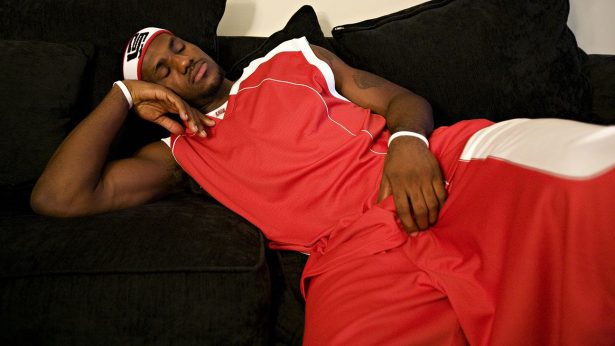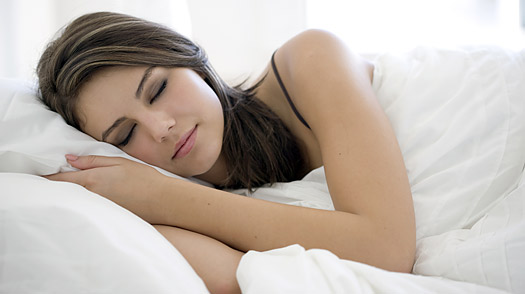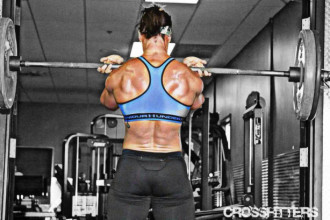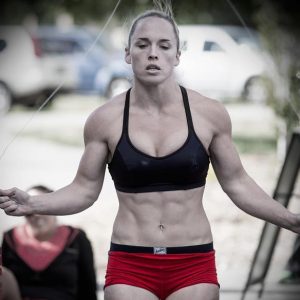Sleep is a wondrous experience. It’s our body’s way of recovering from the day, to rejuvenate our muscles and relax our busy minds. Proper and adequate amounts of sleep are so crucial to our health, regardless of whether or not you’re an athlete.
But the importance of sleep for athletes is more dire than that of regularly active people. But how much sleep do athletes need? They’re busy being active and training. How important can it really be?
There’s a rough math that can be applied to the amount of rest we require versus how active we are. The more physical activity you do during the day will directly determine exactly the number of hours of rest you will need. This is called sleep debt. Think of it this way; for every hour of exercise you do you’re taking out a “loan” against your body and that loan must be repaid at the end of every day. So how can we determine just how much sleep is enough?
How Much Sleep Does an Athlete Need and Why?
A regular individual who gets up in the morning, heads to work, and carries out a rather normal day would require about 7-8 hours of proper sleep. As an athlete, someone who stress their muscles and burns energy, you would need at least 9-10 hours per night in order to adequately recover your body in preparation for the next day.
A study was done on the Stanford University basketball team over the course of a few months in order to extract a better reading. The players were tasked with adding an extra two hours of sleep to their schedule each night. The results were surprising as their speed increased by 5%, their throws were over 9% more accurate, and all players agreed that they had better reflexes and felt much happier.
“Sleep is the most important thing when it comes to recovery,” basketball star LeBron James said in an interview. “And it’s very tough with our schedule. Our schedule keeps us up late at night, and most of the time it wakes us up early in the morning. There’s no better recovery than sleep.”
Tennis legend, Serena Williams has stated many times that she values sleep and often goes to bed around 7 p.m. The earlier you go to bed, the earlier you can wake up and train which then gives your body time to wind down before going to bed.
Endurance vs Weights
The types of athlete you are also plays a big factor in how much rest you will actually need. An endurance based trainer like runners and swimmers exhaust their bodies as well as their minds. But sleep helps to stimulate our bodies regenerative abilities, strengthening our bones and clearing our minds.
Weight training athletes like bodybuilders and weightlifters put a lot of targeted stress on key areas of their bodies. Their main goal is to grow muscles and increase power. Well, proper shuteye activates the growth hormone which repairs muscles, bones, and stimulates muscles memory, which is key for building new muscles.
Signs of Sleep Deprivation
Our bodies are like well-oiled machines. If there’s a problem, it lets us know in a few different ways. Take sleep, for example. Regardless if you’re an athlete or not, if you’re not getting adequate amounts of deep rest, your body will definitely show you. Here are some signs to look for:
- Deep, dark circles under your eyes
- Inability to stay awake in the afternoon, but only seem to take broken naps on the couch
- Muscle contractions and stiffness
- Headaches
- Insatiable desire for caffeine
- Tight, almost dehydrated skin
- Dizziness and sometimes even nausea
A General Idea of How Much Rest an Athlete Needs
The amount of slumber you need will depend on a few factors. Your level of exercise each day, your diet, your age, and the amount of sleep you’re currently getting each night. According to the National Sleep Foundation, there’s a set guide to figure out how much sleep an average person needs. So, as athletes, you can just do the math and add at least 2 hours each night for your age range.
If you’re a junior athlete (teenager) with a fairly active level of daily training, but you’re only getting the recommended amount of sleep for a regular teenager then you really need to increase your hours. An average teenager needs about 8-10 hours each night. But as a junior athlete, you should increase that number to 10-12.
An adult aged 18-50 years tends to require about 7-8 hours of sleep per night. But adult athletes train their bodies fast and hard, which means they need more rest than anyone else. Adult athletes should be looking at increasing their rest hours to at least 9-10 per night, 10-11 if they’re training for a big event.
So, What Happens to Our Bodies During Sleep, Anyway?
When we first dive into our comfy beds our bodies don’t just fall asleep. Our mind goes through a sleep process that can be broken down into three basic steps:
· Light Sleep Stage
This is the first few moments of rest. The duration of this stage varies per person and it depends on how tired your body is or how active your mind tends to be. During this stage, our muscles begin to relax, our mind slows as we think about our day, and then we gradually fall into a light form of sleep. We can be easily woken from this stage as if we’re still somewhat on the surface.
· REM (Rapid Eye Movement)
This is the stage of sleep when we are in deep. Our bodies are firmly planted in place and our minds are far off in dreamland. It’s called REM because our eyes are moving rapidly under the lids as we dream. This is the most important sleep stage of all. You need to fall into this stage every night in order to adequately rest and recover your body. It’s crucial for athletes to get proper REM.
· Light Sleep Stage
After a few hours of REM, our bodies begin to prepare for waking. This results in a slow rise from REM as our muscles become self-aware and our minds float to the surface of consciousness. You should awake feeling well rested if you’ve gone through the three step process that night.
How Can You Use Sleep to Improve Your Performance?
Studies show that when we sleep we also release the growth hormone. This hormone, when stimulated, helps our bodies to grow new muscles, repair damages, strengthen bones, and even fat burning. All of these factors play a huge part, regardless of what type of athlete you are.
If you’re an athlete, you should aim to add about 2 extra hours of sleep per night to your schedule. This will ensure that you have adequate rest to repair and train your body. But if a busy training and exercise schedule gets in the way, then try to squeeze in power naps throughout the day.
When you’re nearing a major event or competition, try adding at least another extra hour to your sleep routine. You’ll be training harder, so naturally you’ll need more rest.
So that’s the general gist when it comes to sleep and athletes. It’s common sense that our bodies would require extra rest if we’re working them harder, but it’s quite normal for athletes and weight trainers to ignore these guidelines. A busy schedule can often leave very little room for proper sleep. But what most athletes don’t realize is that by increasing their rest they improve their performance immensely, which would cut down on the need for extra training. It’s all about balance.
Hopefully, this article answered any of your questions in regards to the importance of sleep for athletes. If you have any further questions or concerns we’d love to hear them!
Quick Tips to Achieving Better Sleep
- Create a sleep schedule and stick to it. Go to sleep and wake up at the same time every day.
- Avoid caffeine and alcohol a few hours before bedtime. These stimulants can make it difficult to fall into REM sleep.
- Try and avoid eating any heavy or sugary foods 2 hours before bedtime.
- Make sure you have a comfortable and supportive bed for your body type. A poor quality mattress can result in equally as poor rest.
- Avoid sleep aids, if you can. These are just a temporary fix.












